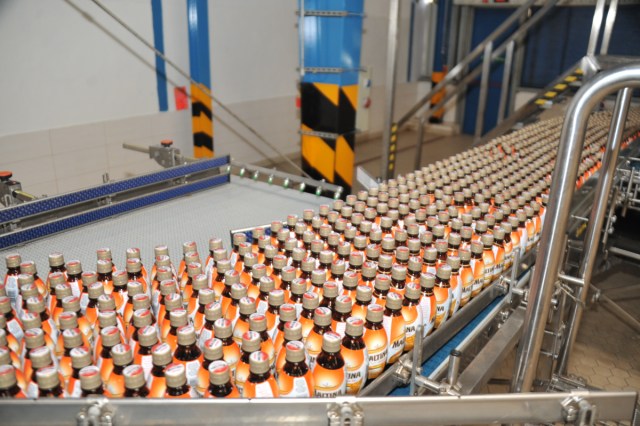Nigerian government statistical agency, the National Bureau of Statistics (NBS) reveals increase in the price of fuel, scarcity of foreign exchange, added with disruption in food supply chain pushed headline inflation in the country to a new record high of 21.09 per cent in October 2022.
This is 0.32 per cent higher than 20.77 per cent reported in September, meaning the cost of living is skyrocketing in the west African Nation.
NBS stated that among others, “Likely factors responsible for the increase in annual inflation rate (year-on-year basis), are: disruption in the supply of food products; increase in cost of importation due to the persistent currency depreciation; and a general increase in the cost of production, such as increase in energy cost.”
While inflation has been on the increase year-on-year, the statistics body revealed that there had been a decline in headline inflation month-on-month in the last three months due to a decline in the changes in the food index. It concluded this might be predicated on the current situation of the nation’s harvesting season.
Explained to the public during its ‘Consumer Price Index October 2022’ report, the NBS stated that “In October 2022, on a year–on–year basis, the headline inflation rate was 21.09 per cent.” This was 5.09 per cent points higher compared to the rate recorded in October 2021, which was 15.99 per cent.
It confirms that “This shows that the general price level for the headline inflation rate increased in October 2022 when compared to the same month in the preceding year (i.e., October 2021) by 5.09 per cent. On a month-on-month basis, the Headline inflation rate for October 2022 was 1.24 per cent, this was 0.11 per cent lower than the rate recorded in September 2022 (1.36 per cent). This means that in October 2022 the general price level for the headline inflation rate (month–on–month basis) declined by 0.11 per cent.”
The statistical office also exposed that urban inflation rate had risen to 21.63 per cent while rural inflation was now 20.57 per cent.
NBS went further to reveal that increases in the prices of bread, cereals, potatoes, yams, other tubers, oil and fat pushed food inflation to 23.72 per cent in October.
Its report highlights flood-ridden Kogi as the worst hit, with inflation hitting 25.15 per cent in the month in the Confluence state.
The nation’s statistics body said, “In October 2022, all items inflation rate on a year-on-year basis was highest in Kogi (25.15 per cent), Bauchi (23.45 per cent), Ondo (23.45 per cent), while Plateau (19.02 per cent), Borno (19.31 per cent) and Nasarawa (19.39 per cent) recorded the slowest rise in headline, repeating years.
In October, fuel scarcity hit different parts of the nation, with filling stations selling petrol above the government-approved price of N180-N185/litre. Such affected the price of transportation as public transport workers transferred this increase in cost to commuters, leading to weeks of protests in the commercial city of Lagos.

 Forex3 weeks ago
Forex3 weeks ago


 Naira2 weeks ago
Naira2 weeks ago
 Billionaire Watch2 weeks ago
Billionaire Watch2 weeks ago




 Naira2 weeks ago
Naira2 weeks ago




 Naira2 weeks ago
Naira2 weeks ago




 Naira1 week ago
Naira1 week ago




 Naira4 weeks ago
Naira4 weeks ago




 Naira3 weeks ago
Naira3 weeks ago




















